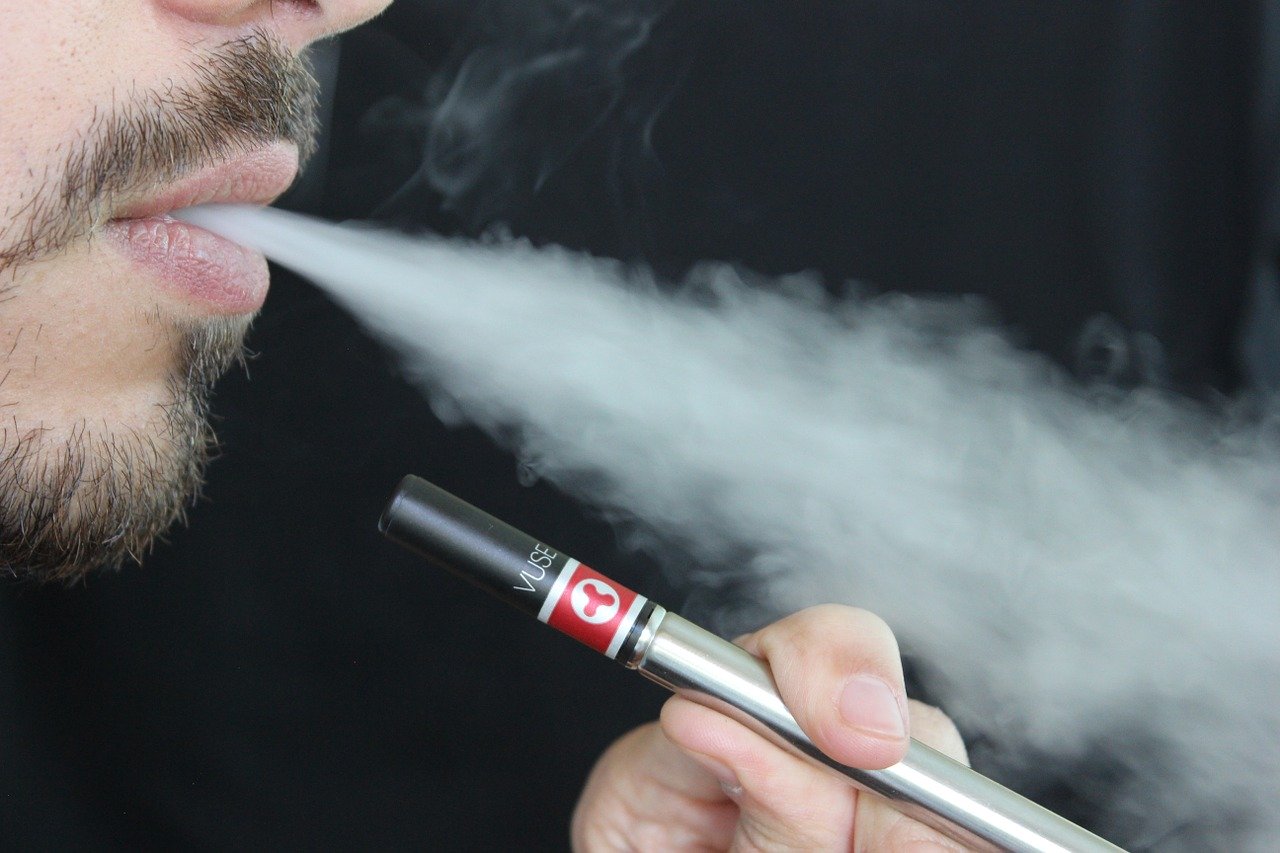In October 2018 researchers from the USA published the results of their survey to ascertain whether vape shop customers felt their health was affected by the use of e-cigarettes. A total of 78 users of e-cigarettes were included in the survey. Information was collected on the amount of e-cigarette and traditional tobacco use. Results showed that 91% reported daily e-cigarette usage, with 78% being former smokers of traditional cigarettes and 11.5% using a combination of the two, ie traditional cigarettes plus e-cigarettes. Approximately, 77% thought that their health had improved since changing to e-cigarettes, with the remaining 23% not noticing any change in their health. Those individuals who had decreased cigarette use by more than 2 cartons/month were significantly more likely to say that e-cigarettes had improved their health compared to those who had decreased cigarette use by 1.5 cartons or fewer per month. The researchers concluded that given the lack of scientific agreement on the health effects of e-cigarettes and the important role that perceptions play in behaviour, health campaigners, health education advisers, policy makers, and health care providers should err on the side of caution when advising individuals about e-cigarette use.
Hart JL et al. E-cigarette use and perceived health change: Better health through vaping? Tob Induc Dis. 2018 Oct 10;16:48

